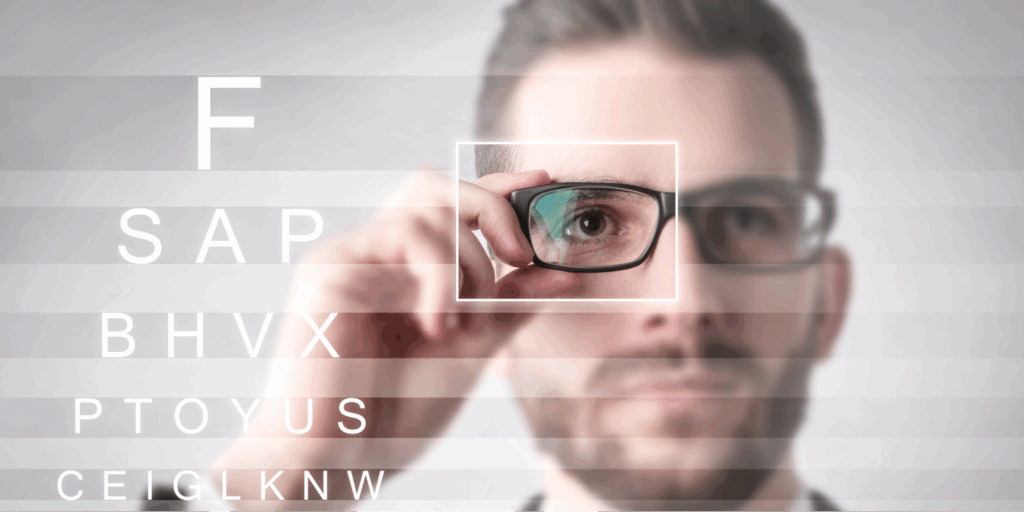
When was your last eye exam? If you’re unsure, you’re not alone. Many people delay routine eye care simply because they don’t realize how vital it is—not just for clear vision, but for overall health.
Eye exams are more than just updating your glasses or contact lens prescription. They can detect signs of serious health conditions such as diabetes, high blood pressure, and certain cancers, often before symptoms appear.In this comprehensive guide, Center for Excellence in Eye Care breaks down what type of eye care you need as an adult—and why consistent exams are one of the best investments you can make in your long-term wellness.
Young Adults (18–39 Years): Building Good Habits Early
As you enter adulthood, your vision may seem stable—but that doesn’t mean you can skip the eye doctor. This phase of life is ideal for building strong habits that protect your long-term eye health.
Key priorities:
- Keeping your prescription current
- Learning proper contact lens hygiene
- Managing digital eye strain (especially for screen-heavy lifestyles)
- Monitoring early signs of chronic conditions like dry eye or computer vision syndrome

📅 Recommended frequency:
Have a comprehensive eye exam at least every 2 years, or annually if you wear contacts, have diabetes, or experience vision changes.
Middle Age (40–64 Years): Staying Ahead of Age-Related Changes
In your 40s and beyond, it’s common to notice changes in your near vision—a condition known as presbyopia. This is also when the risk of more serious eye diseases begins to rise.

Essential screenings:
- Presbyopia correction
- Glaucoma testing
- Retina evaluation and macular degeneration risk
- Monitoring for cataracts and systemic health indicators (like high blood pressure or diabetes)
🕶️ Pro tip: UV protection becomes even more important as you age. Quality sunglasses help reduce the risk of cataracts and macular degeneration.
Seniors (65+ Years): Prioritizing Eye Health for Independence
As we age, vision can change quickly—and catching those changes early is critical for maintaining independence and quality of life.
Conditions we monitor closely:
- Cataracts
- Age-related macular degeneration (AMD)
- Glaucoma
- Diabetic retinopathy
- Vision loss related to systemic health issues
📅 Recommended frequency:
Seniors should have a comprehensive eye exam every year, even if no vision problems are reported.
Comprehensive Care for Every Stage of Adulthood
At Center for Excellence in Eye Care, we tailor each exam to your stage of life, lifestyle, and health history. Whether you’re managing chronic conditions or simply staying proactive, our goal is to help you maintain clear, comfortable vision for years to come.
Our services include:
- Advanced diagnostic imaging
- Cataract and glaucoma management
- LASIK, RLE, ICL, and LAL consultations
- Diabetic eye care
Preventive exams and personalised treatment plans
Take the First Step Today

Whether you’re 38, 68, or 88, there’s never a wrong time to prioritise your eye health. Routine check-ups help protect your vision and catch problems before they start.
Clear vision starts with a simple step. Let’s protect your sight—together.

